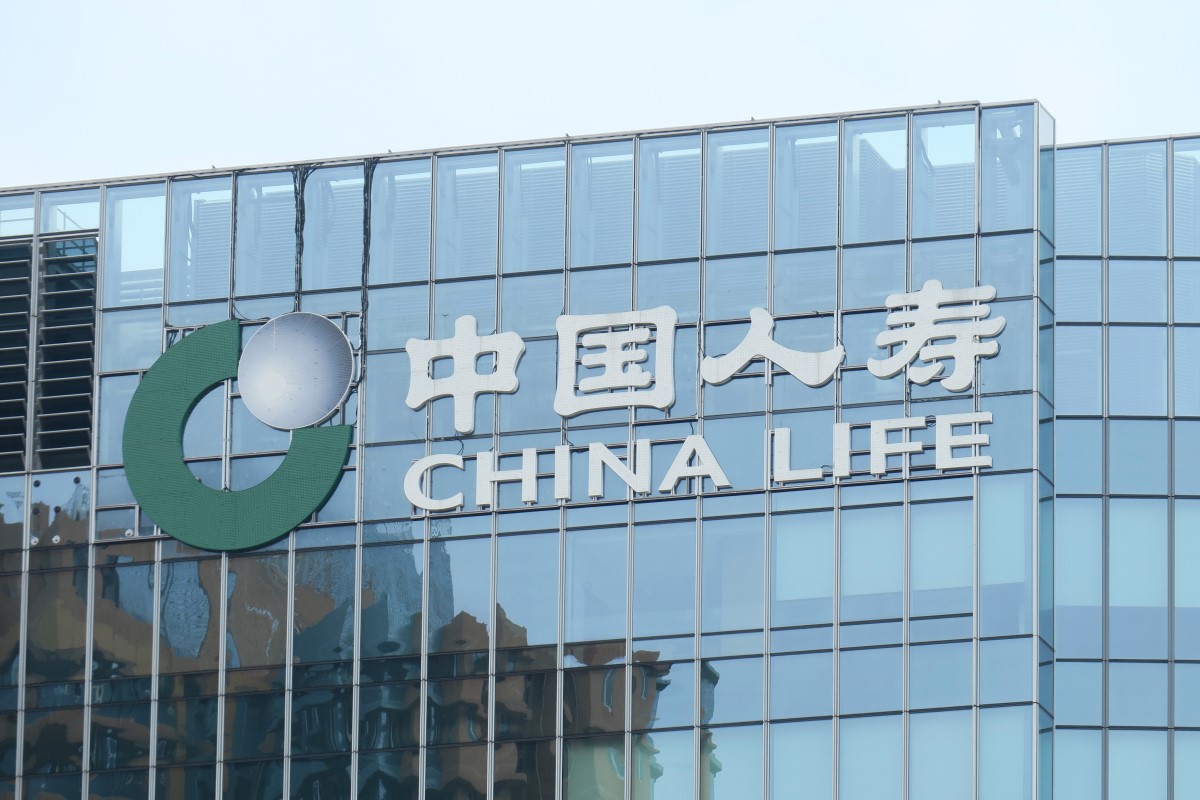Five China state-owned enterprises (SOEs) voluntarily delisted from the New York Stock Exchange recently and their exit could prompt many other Chinese SOEs to leave the largest stock exchange in the world. The five Chinese SOEs that exited the NSYE include China Life Insurance, oil giant Sinopec, its units Sinopec Shanghai Petrochemical and PetroChina and Aluminium Corporation of China (Chalco).
These five China state-owned enterprises were accused by American regulators of failing to meet the requirements of U.S. auditing rules earlier.
China state-owned enterprises and US audit
According to Kenny Ng Lai-yin, a strategist at Everbright Securities International, the decision of these five Chinese state-owned enterprises to delist at the same time reveals that Beijing wants that companies facing strict scrutiny over their accounting practices should exit from the American stock exchanges.
Lai-yin is of the view that more Chinese state-owned enterprises are expected to quit American exchanges, especially companies with a dual listing in Hong Kong or mainland China. The American depositary receipts (ADR) of such state-owned firms comprise just a small part of their total share’s capital. According to Lai-Yin, the actual capital impact of such companies is comparatively very small.
As per an estimate by Bloomberg Intelligence in May, about 300 businesses that are based in China and Hong Kong and whose market value is over $2.4 tn face the risk of being delisted from U.S. exchanges following increased security from the Securities and Exchange Commission (SEC).
Recently, several Chinese companies exited the New York Stock Exchange, and this has strengthened the market expectation that more Chinese state-owned firms are in the process of preparing backup plans to enable them to retreat from the world’s largest capital market.
The Alibaba Group Holding owned by Jack Ma raised $25 bn from its initial public offering (IPO) in 2014 and it could end up being the biggest Chinese firm to be delisted in the U.S. if it does not comply with the country’s audit requirements. However, days before Alibaba was added to a watch list of Chinese firms facing expulsion from US exchanges, it applied for a dual-primary listing in Hong Kong.
Similarly, Yum China Holdings, which operates restaurant chains including KFC and Pizza Hut, said on Monday that it had applied to the Hong Kong stock exchange to convert its listing to a primary listing. The company listed with the NYSE, which completed a dual listing in Hong Kong in September 2020, said it would seek the approval of its shareholders for the move at a special meeting scheduled for October.
Louis Lau, a partner of KMPG China, said, “In the long term, we will see more SOEs delist from the US and likely return home if there is no breakthrough in bilateral negotiations.”
“Besides the fact that the U.S. accountancy watchdog is not allowed to conduct audit inspections in China, SOEs may not fulfil other criteria like disclosing their relationships with government and proving that they are not owned or controlled by the Chinese government,” adds Lau.
Analysts are of the view that Beijing has already started a process to decide which firms need to be allowed to be listed in the U.S. because it does not want state-owned companies to be under the scanner of audit investigations in the U.S.










 Australia
Australia China
China India
India Indonesia
Indonesia Japan
Japan Malaysia
Malaysia Philippines
Philippines Singapore
Singapore South Korea
South Korea Taiwan
Taiwan Thailand
Thailand Vietnam
Vietnam Germany
Germany Hong Kong
Hong Kong USA
USA Switzerland
Switzerland Singapore
Singapore
 United Kingdom
United Kingdom








